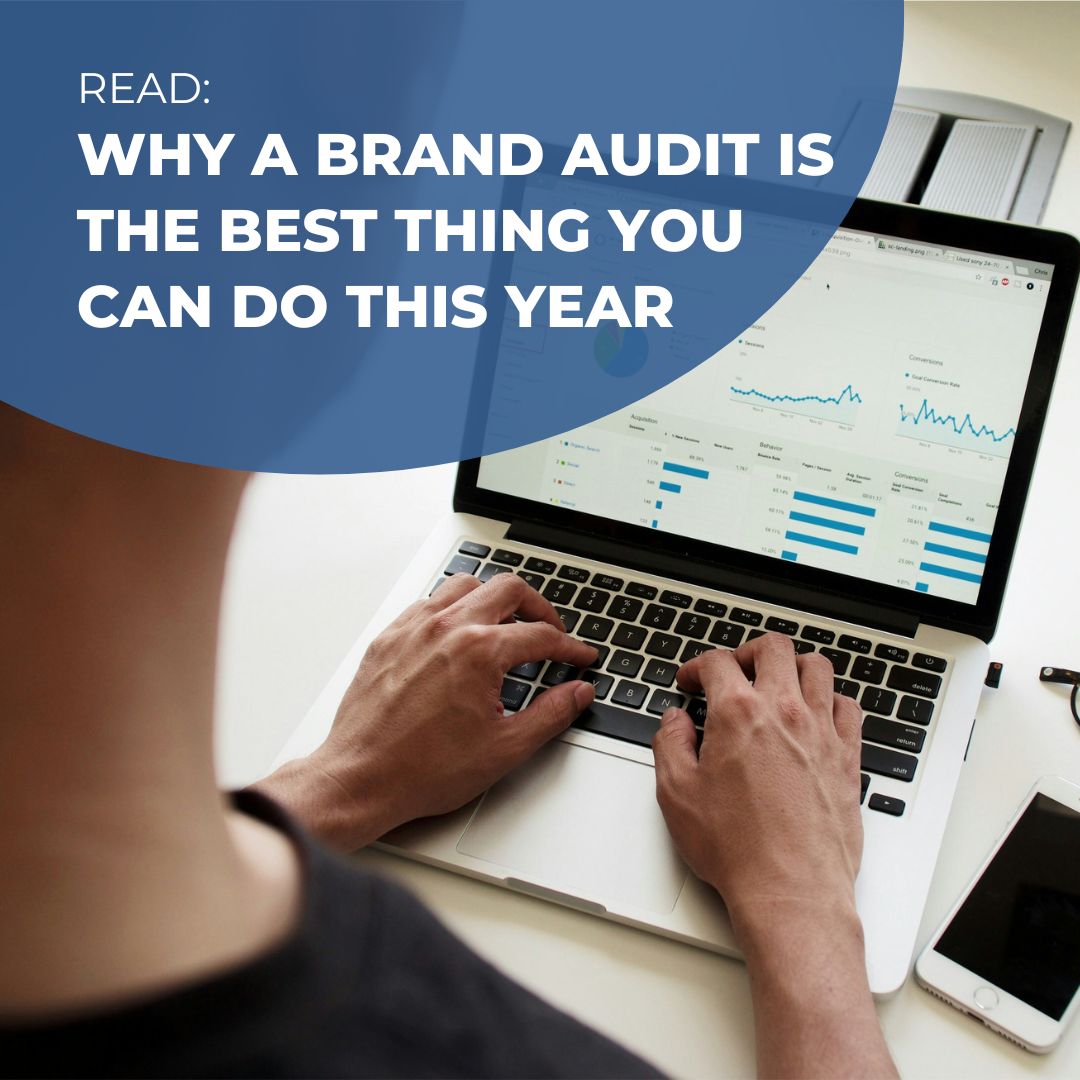Embarking on your journey to begin developing an employer brand isn't easy. There are stakeholders to please, executives to wow, and candidates to attract. Even if you've done it before, starting from scratch can be daunting. I know! I've been in your shoes. And years (and dozens and dozens of brands) later, I've got the battle scars to prove it.
Everyone on the exaqueo team has worked in-house, meaning, we've all been in your shoes. And our struggles and lessons learned are your gain. In this multi-part blog series, I'll be sharing some of our best lessons learned in getting the employer brand journey started.
Sure, I run exaqueo, but I was also a recruiter, talent acquisition director, and an employer brand leader first. Which means I can be totally honest and realistic with you. The first question you may ask:
Do I need a partner on this journey?
Choosing to work with an external firm, agency, production house, or vendor is an important decision. It takes money, time, resources, and attention to work with a partner. In most cases you'll have some sort of partner along the way—whether a full-service firm, technology provider, creative team, and/or production company. If you have the interest and desire to build an employer brand from the ground up, start first by looking in-house. Determine what resources you may already have, if they're usable (i.e., they have the bandwidth, availability, and interest), and what the cost would be. Sometimes (like with media buys) it IS more cost effective to use the same provider as your consumer marketing team because of economies of scale.
We work with a number of clients that have in-house creative teams. For example, while we do the creative concepting, they use their in-house teams to create assets and produce pieces. Other clients have in-house photographers/videographers. You want to be sure to understand what their trafficking schedule looks like (i.e., where they'd fit you into their schedule) so your expectations are clear. You also want to understand (just like you would with an external partner), how they work, what their work looks like, team structure, and cost.
Doing this legwork on the front end will help educate you on what's available to you, and to learn what might be new processes or terminology. It also helps to identify gaps, needs, and what kind of partners you might be looking for. Keep in mind, many consumer marketing functions haven't built employer brands before. So be sure to talk to some employer brand peers or reach out to me, and I can help you think through how best and if to use those internal resources.
The one piece of advice I'd give you is to make sure you include research in the brand building process. Research is crucial to make sure you build an employer brand that resonates with your target audience. (<—Click to tweet this!)
Should I work with a consumer brand or employer brand agency?
This is a tough one. If your marketing team is supporting your employer brand endeavors, or, if you go to them first for advice, they may steer you in the direction of a consumer brand agency. And for understandable reasons. They may already have a strong partnership with that agency, which, may make it easier to get started (you may not need to involve procurement for example) and their creative work may be stunning. Plus, they'll likely have exceptional experience in brand marketing and a huge portfolio to demonstrate that.
But beautiful, sexy creative isn't always the best. It may wow you, but is it the best for your target audience? What gets you excited, might not resonate with line employees for example. And that creative, that portfolio, and that relationship comes with a price. Consumer agencies almost always cost more.
What's most important to evaluate is can they deliver on what you need? Consumer agencies don't always have a deep expertise in employer brand, and they typically don't have in-house recruiting or HR experience. So they sometimes miss the pitfalls.
For example, we had a client where their big-name consumer agency suggested they do a Snapchat scavenger hunt to find talent. Cool right? Except the target hires were housekeepers. In New York City. With an average age of 48, and very limited time outside of work. The agency also didn't understand nuances like labor laws and union contracts which should impact the brand activation and channel recommendations made.
Plus, HR/employer brand functions usually have a much smaller budget than their marketing peers. At big agencies, smaller budgets mean you'll often work with junior talent.
Lesson learned
Before you launch an RFP or even set your goals, do your research on the firms, vendors, and partners (both internal and external) who may be able to help you. These early introductions can help you streamline your own needs and goals before you kick off the search. That way, if you are using an external partner, you'll be comparing apples to apples, and you'll know how to best evaluate partners against your needs. It will also help in determining which partners to include in an RFP, and, at what stage. Some firms are full-service while others only offer certain services (i.e., creative and/or production).
Questions? Don't hesitate to ask. I was alone in building my very first employer brand because it was an early time in the industry. I wish I had some peers to bounce things off of! The Employer Brand Forum is a great place to ask questions of your peers too. Let me know if you need an invite. The journey is a long and tough one, and I'd rather my employer brand colleagues learn from mine and others' obstacles and experience than wade through the trenches alone.


.jpg)

